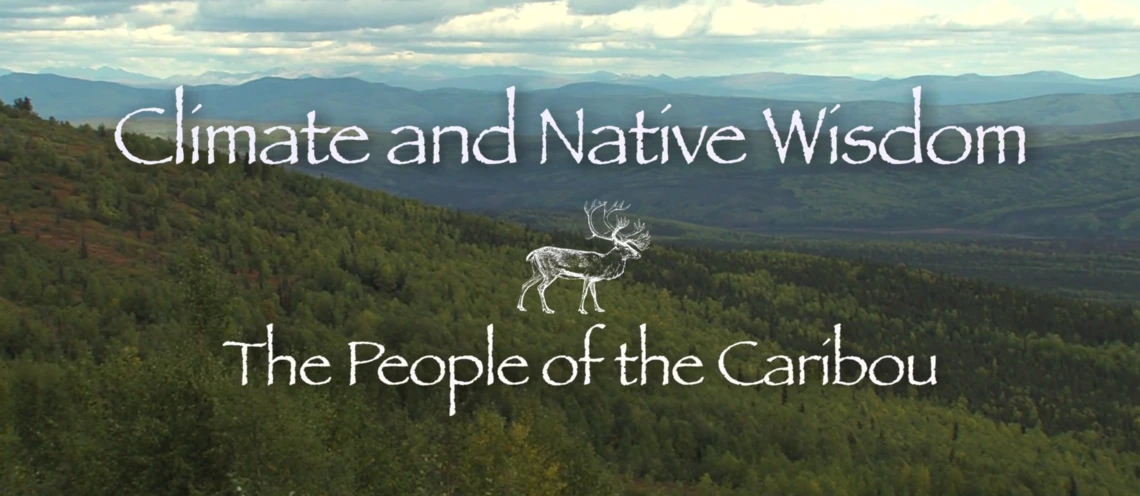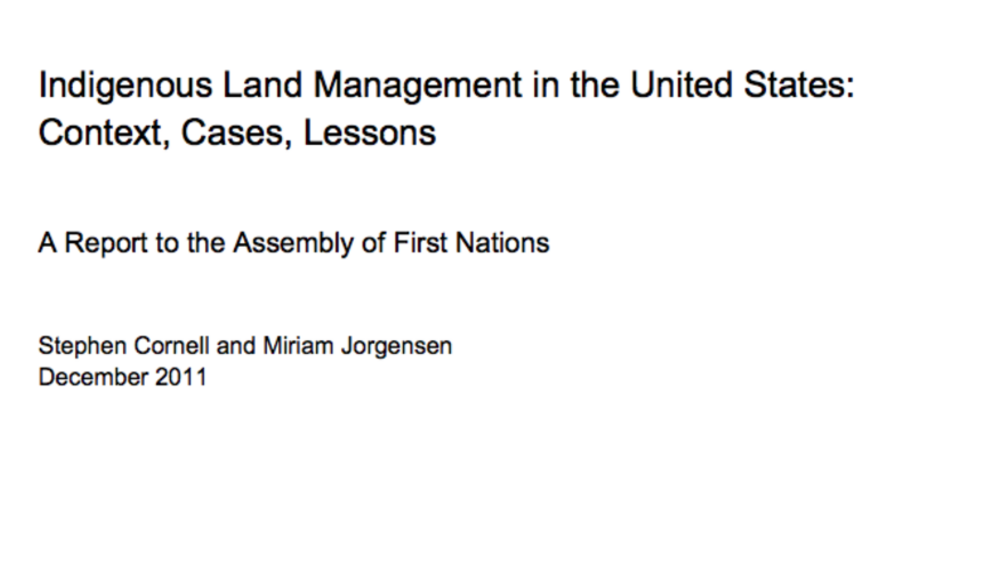Wisdom of the Elders, Inc. (Wisdom) is producing a new series of Native American climate documentaries along with our fourth series of Wisdom of the Elders Radio Program. These oral history, cultural arts and climate science series feature the rich voices of more than 40 exemplary Native elders, storytellers, song carriers and scientists who offer a vital perspective on today’s unprecedented environmental and climate issues...
Additional Information
The Cutting Edge: Climate and the People of the Caribou. Wisdom of the Elders, Inc. Portland, Oregon. 2014. Video. (http://www.wisdomoftheelders.org/climate-and-the-people-of-the-caribou/, accessed March 2, 2015)


